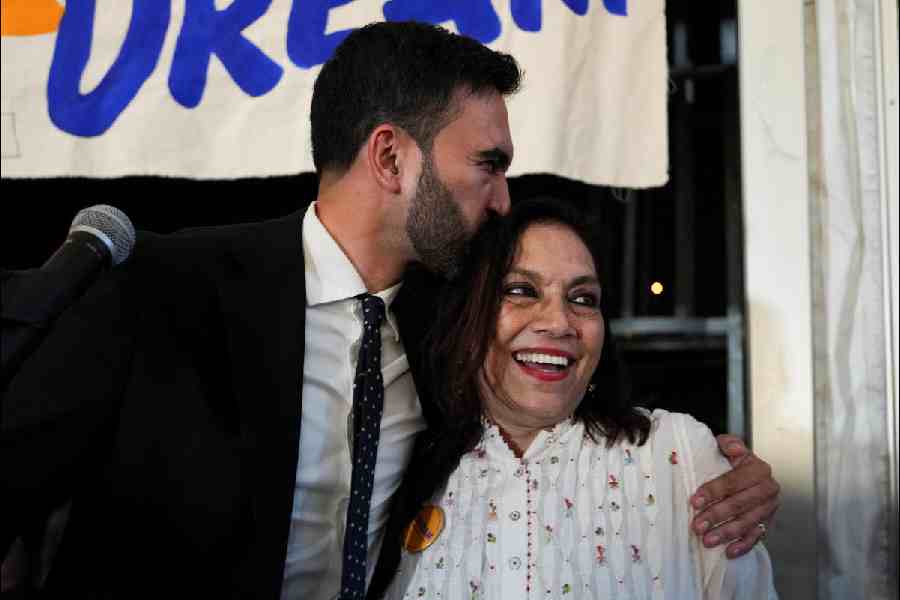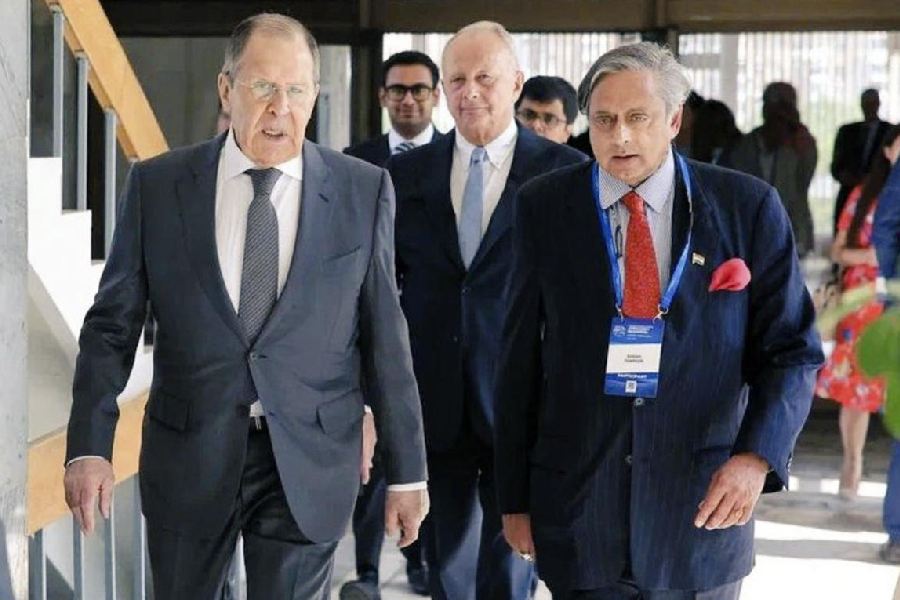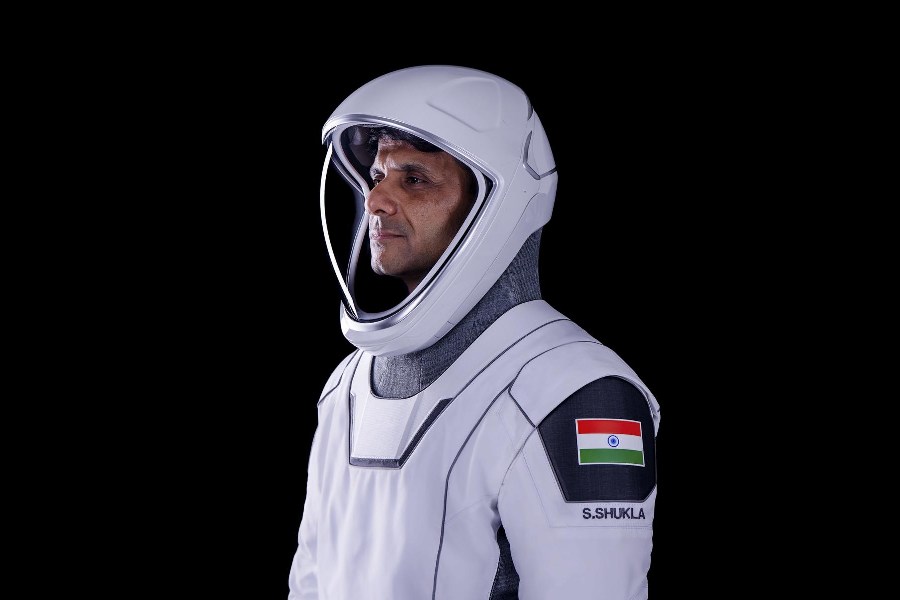You can adopt a child only if you are a Hindu, Sikh, Jain or Buddhist. Again, you can adopt just one son and one daughter, and that too, if you don’t already have a child of the same gender. These are two of the contentious issues in adoption laws that a Calcutta support group is grappling with.
Adoption is primarily regulated through the Hindu Adoption and Maintenance Act (HAMA), 1956, with 177 subsequent Supreme Court amendments. According to the letter of the law, Christians, Muslims, Parsis and Jews cannot legally adopt a child. While the Guardianship and Wards Act, 1890, does exist for all, it does not allow all the rights of biological or adoptive parenthood.
Atmaja, a group of, for and by adoptive parents, associated with the National Association of Adoptive Families, Mumbai, is working to change that, with the goal of equality in terms of choice, helped by organisations like Prajak, in New Alipore, and Indian Society for Sponsorship and Adoption, on Kyd Street. While there have been previous attempts by support groups at amending the law, notably once in Maharashtra and twice in Delhi, what makes Atmaja different is the aim — not amendment, but a Special Adoptions Act.
The immediate goal is to table a bill, through a member, during this winter session of the Assembly. To that end, they have spoken to, amongst others, Speaker Hashim Abdul Halim, who brought up his brother’s daughter after she lost her parents as a child, and is a believer of the cause.
“She, at least, has all her father’s property and wealth passed on to her. But what happens to orphans who have nothing? Like all those little ones left without anything, even family, as a result of the Gujarat riots,” Halim told Metro.
“Muslims should be allowed to adopt, and for that we need awareness programmes to help change mindsets. Rectifying the law is the first step. Regarding religion, this is a sensitive issue, and there are people who will misuse it. But there are others who honestly want change. After all, adoption is a good thing,” the Speaker feels.
“The angle of religion is why most politicians are afraid to touch HAMA,” says Nilanjana Gupta of Atmaja Association of Adoptive Parents. “So, we want a separate act that people can choose to use if they wish.”
But the grievances of adoptive parents don’t end there. “Adoption doesn’t increase the population. In fact, it means giving abandoned children homes and families. So, why should the number be limited?” asks Sheemantika Nag, secretary of Atmaja, started off by a group of parents three years ago,
Another point of contention is gender bias. “Single, divorced and widowed women can adopt, but married women can only do so through their husbands. We wives only have to submit a letter of consent. Our husbands sign all papers. So, in the case of divorce or separation, we will essentially have no custody rights over the child,” adds Gupta.
Atmaja, which conducts workshops for prospective adoptive parents and counsels parents dealing with issues like how and when to tell their children, is also campaigning for maternity leave, “because children adopted at an age of even a few months remember their backgrounds and need special care and attention”.
These are just some of the changes Atmaja is pushing for. Barrister Arijit Banerjee feels there are several inconsistencies that need ironing out. Like a Bombay High Court ruling stating that a son cannot be adopted even if the natural son is a “congenital idiot”, followed by a Madras High Court ruling saying a male child can be adopted only if the biological son is a “congenital idiot” from birth. “It would really ease the process if all the acts related to the issue are collated into one,” he adds.
“Section 42 of the Juvenile Justice Care and Protection of Children Act, 2000, does talk about adoption. But it is so vague that not even lawyers are willing to touch it. We want the process of adoption to be more child-friendly,” concludes Gupta.









